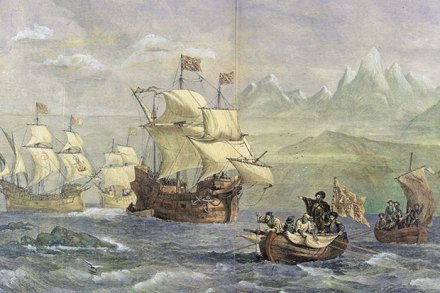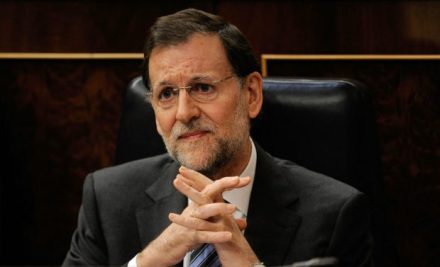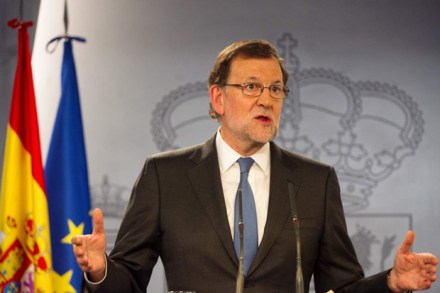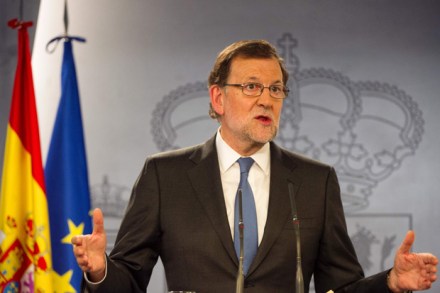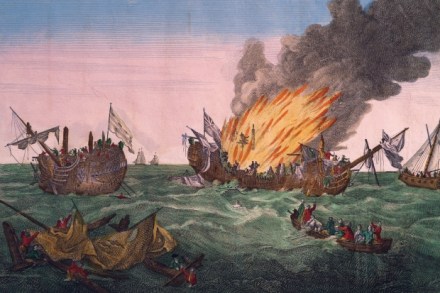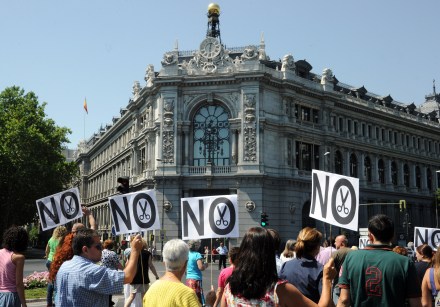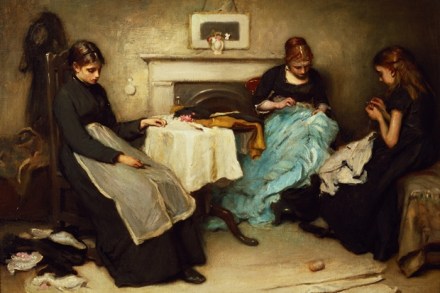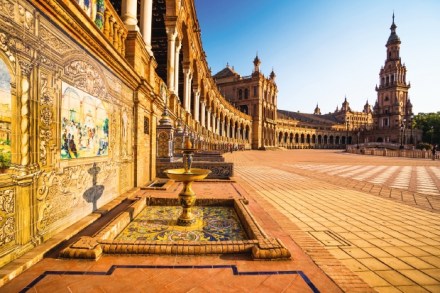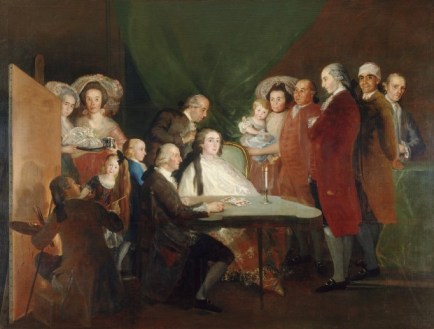Spain’s political deadlock finally ends
After nearly a year of bickering and stalling, Spanish politicians have finally formed their country’s new government. Mariano Rajoy, leader of the conservative Popular Party (PP), returns for a second term as prime minister. This time, Rajoy heads up a coalition made up of the PP, centrist newcomer Ciudadanos (‘Citizens’) and the centre-right Canary Islands Coalition. This is good news for Spain and shows that, at last, pragmatism has trumped ideology. It has ensured that a dreaded third election, which had been looming in December, won’t now be needed. Rajoy’s administration won’t have it easy though. The coalition is deeply unpopular with many Spaniards and will face formidable opposition in congress. What’s





